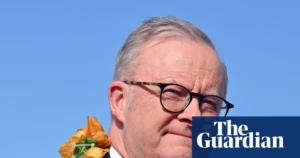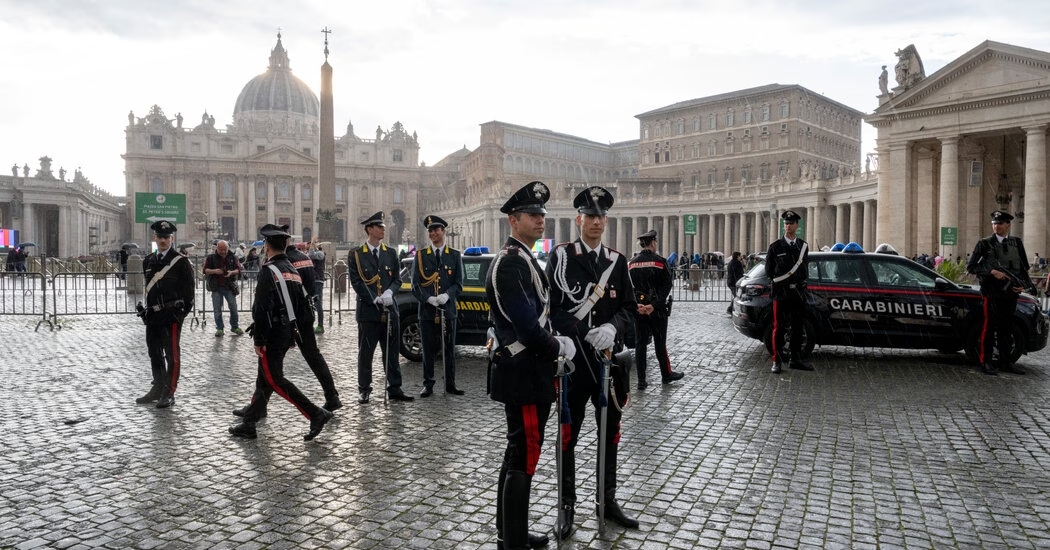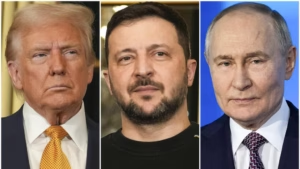Pope Francis’ life transformed from a humble upbringing in Buenos Aires to becoming the first Jesuit and Latin American to lead the Roman Catholic Church. Over his 12-year papacy, Francis notably championed the causes of migrants and the disenfranchised, urging the Church to confront its history of scandal more forcefully. His efforts aimed at fostering a more inclusive Church were met with support from many Catholics and his followers, but faced opposition from conservatives who were wary of his departure from traditional teachings.
Born as Jorge Mario Bergoglio on December 17, 1936, in Buenos Aires to Italian immigrant parents, Bergoglio developed a deep religious dedication from an early age, feeling a call to priesthood during his teenage years. He pursued this path, becoming ordained as a priest after 13 years of study and eventually rising to lead the Jesuits in Argentina, despite accusations of a too authoritarian style that led to his exile in Germany and then Argentina.
Bergoglio’s ecclesiastical journey eventually saw him named as an auxiliary bishop in 1992, advancing to archbishop and later cardinal by 2001. The turning point came in 2013 when he was elected as Pope Francis after Benedict XVI’s resignation, marking a new era as the first Latin American Pope. His pastoral approach focused less on divisive issues like abortion and homosexuality and more on pressing global concerns such as climate change, poverty, and migration, evident in his first papal visit to Lampedusa, a beacon for asylum seekers.
A pivotal moment was the release of “Laudato Si” in 2015 – the first papal encyclical on the environment – calling for urgent action against environmental degradation and economic exploitation of the poor. The same year, Francis became the first Pope to address the US Congress, emphasizing themes of inclusion and justice.
His papacy has also seen him navigate complex geopolitical and Church dynamics, from the US-Cuba diplomatic restoration thanks to his mediation, to controversial decisions like the provisional agreement with China regarding the appointment of bishops, which sparked criticism for legitimizing Beijing’s choice of bishops.
In response to the ongoing crisis of sexual abuse within the Church, Francis established a commission in 2014 to address the issue, though the effort faced obstacles. He further attempted to reconcile with various groups, such as the Indigenous peoples of Canada, apologizing for the harm inflicted by Christians and the Church’s role in residential schools.
Starting 2022, Francis made efforts to broaden the Church’s representation, including women and laypeople in world bishops’ meetings, yet without altering policies on celibacy and women’s roles. In 2023, he permitted priests to bless same-sex couples, marking a move towards inclusiveness.
Pope Francis’s life, characterized by a blend of activism and efforts toward reconciliation and inclusion, came to an end in 2025, leaving behind a legacy of preaching for the marginalized and advocating for environmental stewardship. Ali Watkins contributed to this reporting.
Source: https://www.nytimes.com/live/2025/04/26/world/pope-francis-funeral/security-is-tight-at-st-peters-square-and-across-rome




